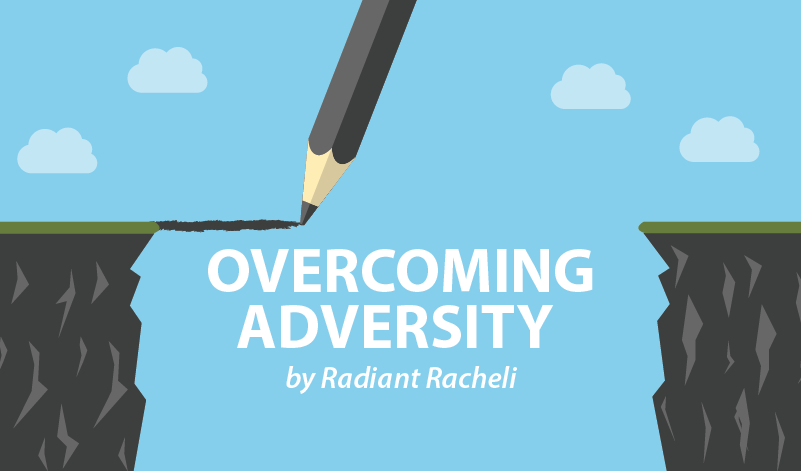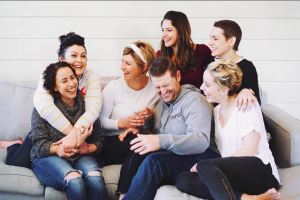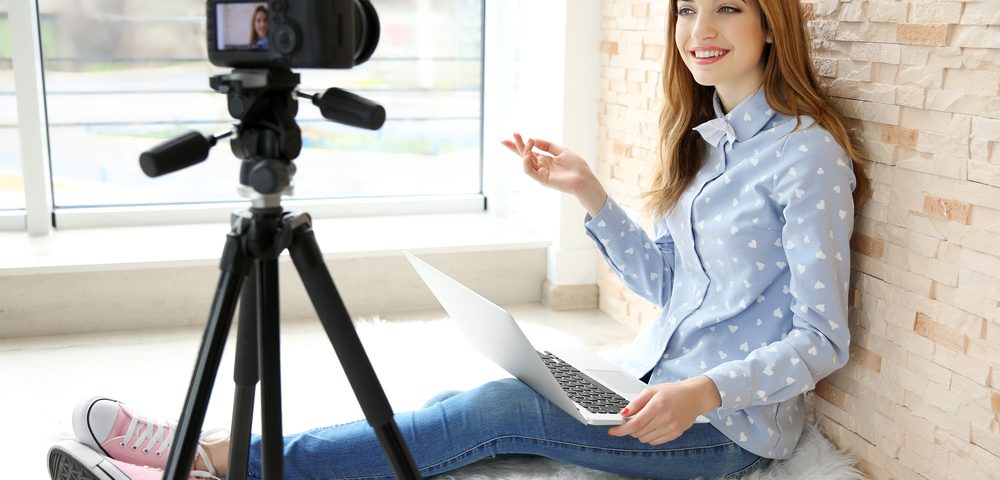
I recently was in a lesson at school where we spoke about the downfalls and negativity that social media attributed to our society. My knee-jerk reaction to the lesson was “NO! SOCIAL MEDIA HAS DONE SO MUCH GOOD FOR ME!” I live and breathe social media. I make sure to check it when I wake up, take a poo, eat my food and go to sleep. However, I was not like this before I was diagnosed with lymphoma.
As a reminder, I shared my entire experience with cancer on social media, and created vlogs on YouTube of my diagnosis, treatment, remission and everything between. I also shared my experience on Instagram and Facebook. Social media was my safe haven when it came to all things cancer.
Social media benefited my life during and after cancer in so many ways, and I’d love to share with you exactly how that came to be.
While I do a lot of journaling, self-reflecting and meditating, social media allowed me to share and post what I was feeling with people who were going through the same thing. I was able to vent and cry to my camera, without caring about what I was saying out loud. I was able to talk things out with myself, and remind myself and viewers, that everything is going to be OK at the end of every video or post.
In a time of my life when I wasn’t sure what to feel, social media helped me to know that whatever I was feeling was “normal” (or as normal as anything could be in my situation). I was able to connect with hundreds of fellow cancer patients and survivors. When you are first diagnosed with cancer, or go through any adversity for that matter, you probably do not know what you should be feeling. But by connecting with other humans going through a similar life event, we were able to share our feelings. This allows us to see that what we are feeling is not just in our heads.
One of my biggest take-aways that I say to all the new cancer patients I meet is “Welcome to the worst club with the best members.” Many of the cancer friends I have made have become some of my best friends!

When I was first diagnosed my friend told me to check out a blog on Tumblr called #SammiStrong. Sammi is a young adult in her 20s who was diagnosed with the same cancer as me, and also wanted to share her journey through social media. I messaged her when I started my video blog, and it was happy ever after from there. We called each other cancer friends, and now I call her one of my best friends. I now have a group of wonderful women who all had lymphoma, and we call each other My Little Lymponies. These women will be some of the bridesmaids at my upcoming wedding, and I couldn’t be more grateful for the connection that social media provided me.
Probably the most rewarding part of this whole process (and easily the most meaningful benefit of social media), is that I have helped other people.
Social media doesn’t have to be a place where we share our selfies for self-validation and likes. It can be a beautiful place where we connect with people, and help them become their best selves. Throughout my presence on social media and with my vlog, I have gotten a plethora of messages from people across the world telling me that my videos helped them get through their struggle. I was able to show them what to expect, validate their feelings, and show support to them and their family on how to overcome adversity with positivity.
As rare as they are, there are moments where I question if making my experience public on social media was the best decision, and sometimes I have different answers to that question. However, posting my experience with cancer was almost as life-changing as having cancer itself. I hope to continue sharing my story to help and inspire other people who are facing life struggles — or just put a smile on the people of the internet. (Like you!)
Always remember: Everythings gunna be OK!
And be sure to follow me all over social media to keep my dream alive! @radiantracheli
***
Note: Lymphoma News Today is strictly a news and information website about the disease. It does not provide medical advice, diagnosis, or treatment. This content is not intended to be a substitute for professional medical advice, diagnosis, or treatment. Always seek the advice of your physician or other qualified health provider with any questions you may have regarding a medical condition. Never disregard professional medical advice or delay in seeking it because of something you have read on this website. The opinions expressed in this column are not those of Lymphoma News Today, or its parent company, BioNews Services, and are intended to spark discussion about issues pertaining to lymphoma.


